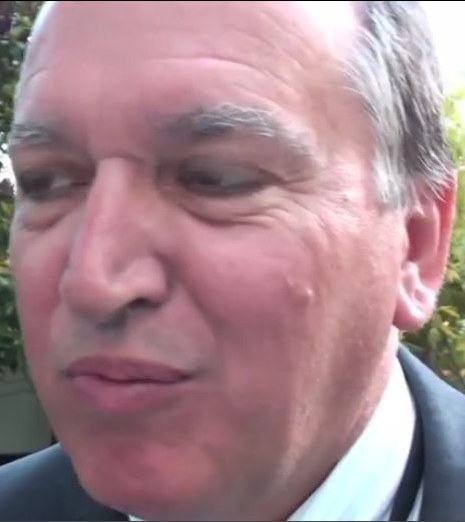

IN this increasingly global patent system, where software patents in Europe are on the verge of becoming an undisputed reality, we must fight back to contain the out-of-control patent monopolies (protectionism) system. The EPO is now interfering with non-EU members too (even some in north Africa) and it is organising events in an effort to legitimise its activities, despite its disturbingly tyrannical nature. The sad thing is that the European Union is now moving closer to software patents, whereas in the US, the breeding ground of software patents, the highest court, having been wrestling some of with biggest cases like Bilski and Alice, finally got the US patent office to demote software patents.
"The EPO’s management is pushing hard for a sloppy process that devalues EU patents and enables bad actors to take advantage, potentially causing a lot of financial damage to law-abiding and honest actors."We know from our sources that Benoît Battistelli and his cronies are truly desperate amid calls to demolish (or dissolve) the EPO and start all over again (this one call is from Dr. Glyn Moody, who is widely known across Europe for TPP opposition these days). Benoît Battistelli is trying to manufacture positive publicity even if by essentially bribing publications (a very unscientific thing to be doing).
Over the past few months we have shown how Boards of Appeal were being put in the firing line of Battistelli after he had abolished other independent mechanisms of overnight. Current and past Boards of Appeal members are fighting back, highlighting that fact that the European Patent Convention (EPC) is being violated by Battistelli.
Merpel's series about the EPO carries on with preparatory post about "meeting of Board 28 and the future of the European Patent Office Boards of Appeal" and then some bits and pieces about the meeting, including the following important observations about the EPO:
Remaining with SUEPO for a moment, this moggy is aware that the union is concerned, as its recent release mentions, that the EPO is seeking to drive up productivity. There is a view that forced increases in productivity targets for patent examiners will inevitably lead to "bad" patents being granted. This moggy thinks any examiner, when required to deal with a case under pressure of time, would rather refuse a "good" patent than grant a "bad" one (to use the terminology employed by SUEPO). There is a danger in being pressed into refusing good patents: this is that the number of appeals will increase and that a truly independent Board of Appeal will not hesitate to send the case back to the examining division, irrespective of the latter's productivity targets. However, reducing the independence of the Boards of Appeal inevitably makes them more sensitive to any political pressure not to push the output of a hasty and perhaps defective examination process back on the examiners; indeed, the Boards may face pressure themselves to dispose of their own cases with less detailed scrutiny. Accordingly any push by management to bring the Boards into line, if it works, should have a real pay-off in terms of getting everyone, willingly or not, onto the same message of increased productivity and clearing away any awkward oversight of examination standards.